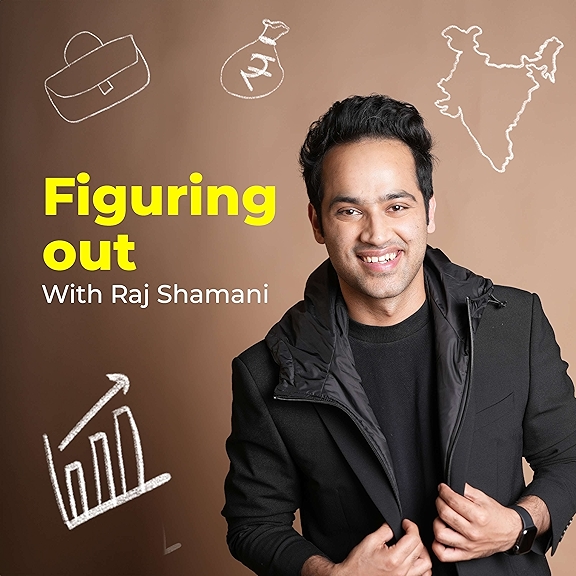
Convention on Biological Diversity (CBD) 1992
To implement CBD india passed Biological diversity Act,2002
§ The act envisaged a three-tier structure to regulate the access to biological resources:
o The National Biodiversity Authority (NBA)
o The State Biodiversity Boards (SBBs)
o The Biodiversity Management Committees (BMCs) (at local level)
Issues in IPR(Intellectual Property Rights):
Issues releated to IPR (universal133.blogspot.com)
At the highest rate of 28%, India's is the second-highest among 115 countries - and is viewed as regressive by tax experts.
India has four non-zero tax slabs - 5, 12, 18 and 28 - while most countries have far lower: 49 countries have one rate, 28 have two and only 5 countries, including India, use four non-zero rates.
Thought to ponder:
How Will Capitalism End? Ask Wolfgang Streeck and his co-authors in their book with that title. It will end, they say, when the forces that support capitalism run out. Capitalism expands by converting “the commons” into private capital. Economists justify this on practical grounds: it is the ‘tragedy of the commons’, Garrett Hardin postulated, that people will not care for something unless they own it. This is an ongoing justification for capitalist businesses owning land and forests and water resources. Businesses convert natural capital into financial capital and use it for generating profits and more capital for themselves. Over-exploitation of the earth’s resources to produce profits has contributed to the crisis of environmental sustainability and climate change. The concept of ownership of assets for creating wealth had gone too far when slaves without human rights were used in capitalist enterprises as their economic assets until moralists objected.
Creation of monopolies
Slavery is banned by law and the earth’s resources are limited. Therefore, capitalism has moved on to convert knowledge into private property. Modern regimes of intellectual property rights (IPR) with armies of patent lawyers help capitalists to create intellectual property monopolies. Thus, people are denied the use of their own knowledge — as they are when natural products, such as neem and turmeric are patented by capitalists. Thereby, communities whose traditions produced the knowledge must pay those who stole it from them, albeit legally. The public contributes to the creation of scientific knowledge in many ways, for example through government research and development grants and subsidies, as Mariana Mazzucato explains in her book, The Value of Everything: Making and Taking in the Global Economy. In fact, large public assistance in various ways has enabled U.S. pharmaceutical companies to develop their new COVID-19 vaccines at ‘warp speed’.




















